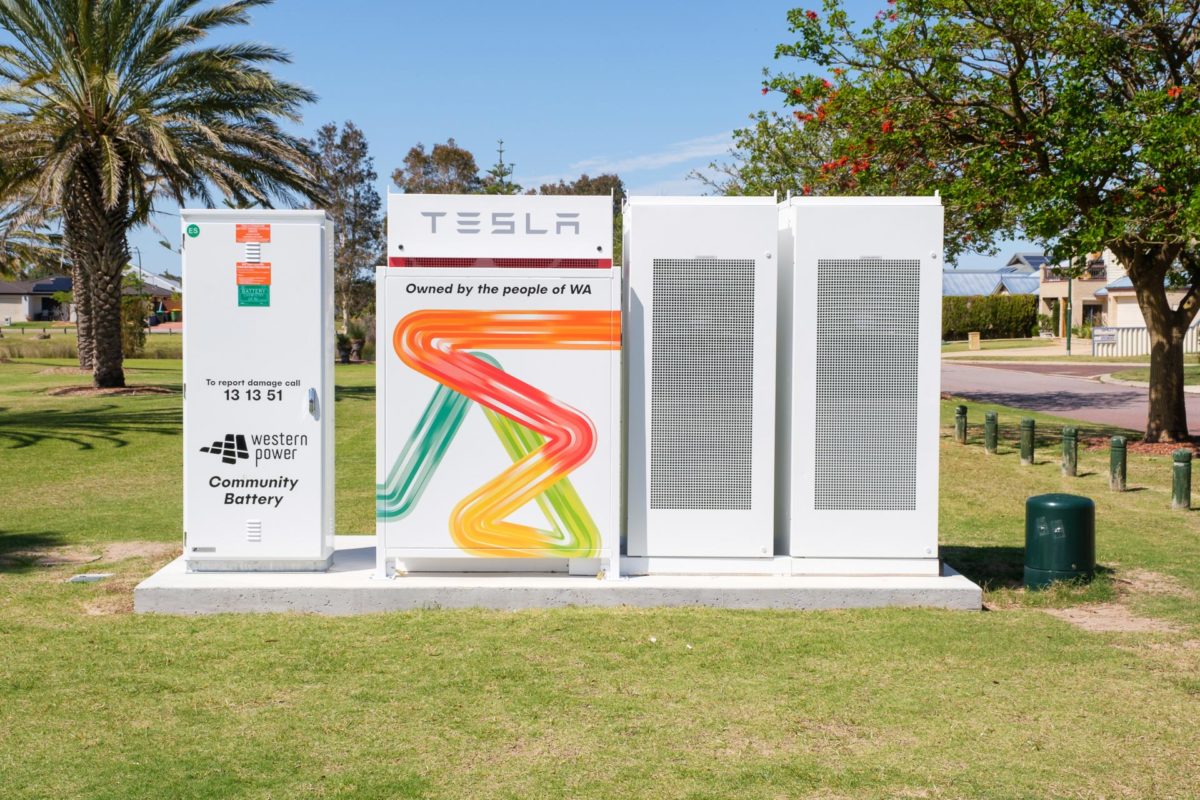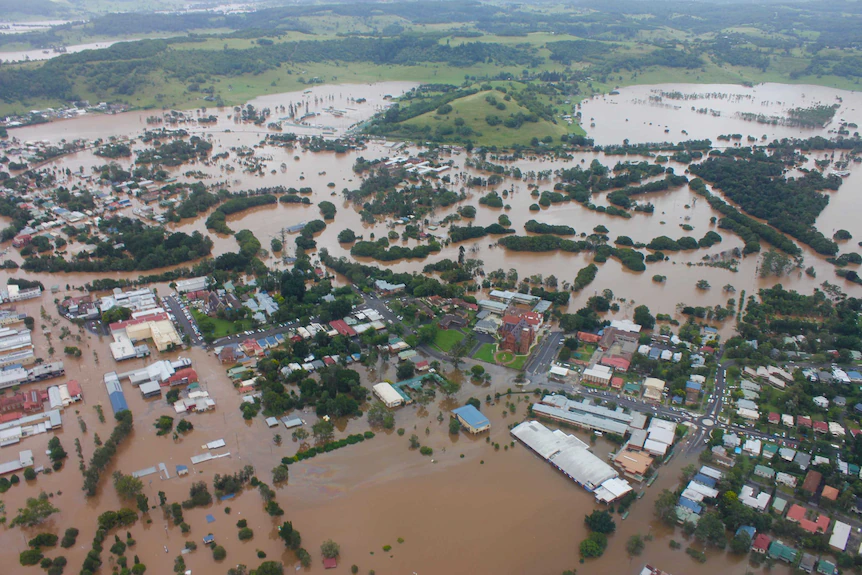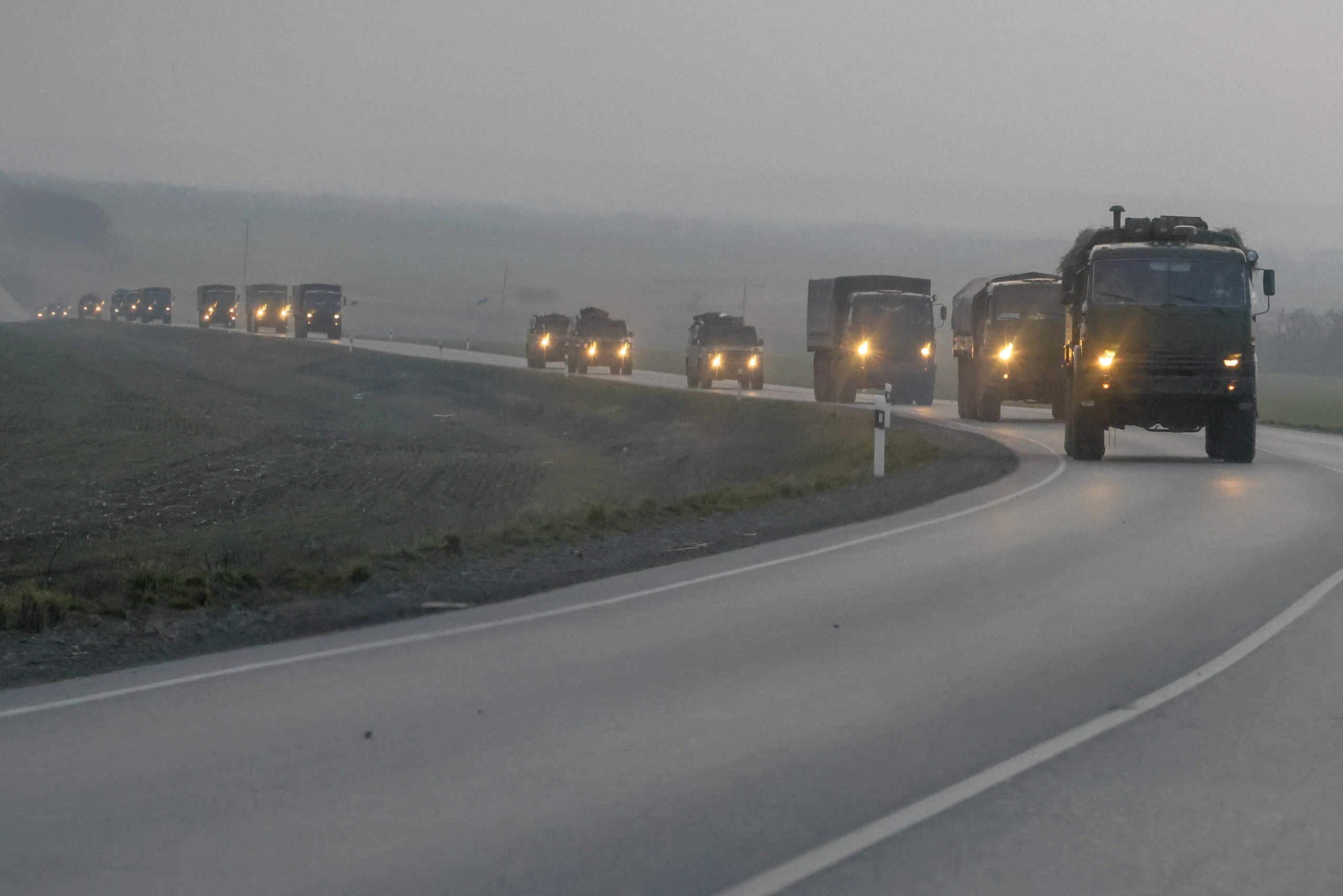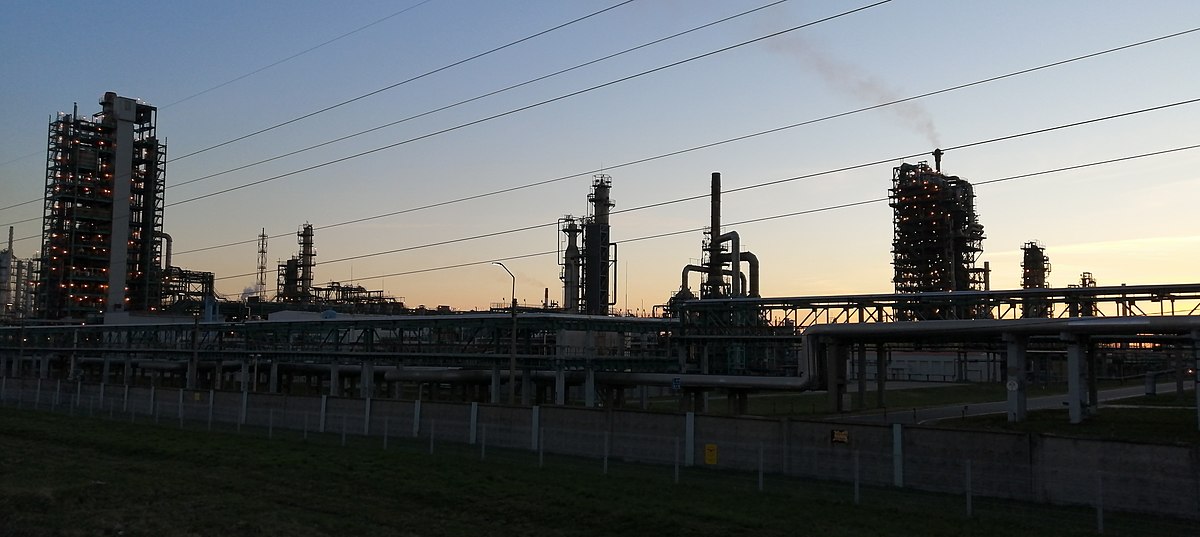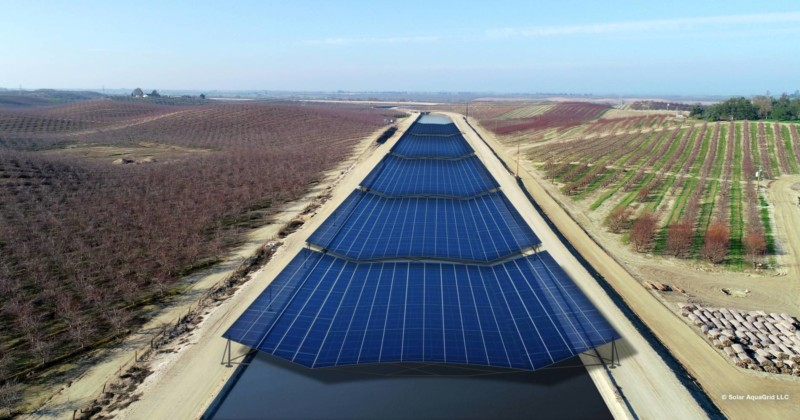Community batteries: Managing green energy on grid?
Existing fossil energy grids were not planned to manage and distribute renewable energy and require either $$$ re-engineering or new thinking
The approved “Summary for Policy Makers” that begins the third part of the IPCC’s (Intergovernmental Panel on Climate Change) 6th Assessment Report, was issued late yesterday after receiving political sign offs after considerable discussion with sponsoring governments. Despite attempts by several governments including Australia’s, to deny or downplay aspects of the report, even this rendition of the scientific findings forecasts an extremely dire future from continued global warming if it is not stopped and reversed below the 1.5 °C level. Fossil fuel burning must stop! (see video).
“It’s now or never, if we want to limit global warming to 1.5C,” said Prof Jim Skea, a co-chair of the report. “Without immediate and deep emissions reductions across all sectors, it will be impossible.”
The implication for the biggest culprit, fossil fuels, is clear: it’s over. The IPCC states that existing and currently planned fossil fuel projects are already more than the climate can handle. More projects will lock in even greater emissions and our journey to climate hell.
Damian Carrington, 05/04/2022 in the Guardian. It’s over for fossil fuels: IPCC spells out what’s needed to avert climate disaster – Analysis: The third part of the panel’s report makes clear a century of rising emissions must end before 2025.
As strong as the present report is in discussing the dire consequences facing humanity if we fail to stop and reverse the warming, the whole IPCC process is structured in such a way that it cannot help but understate the magnitude and likelihood of the risks. I document and discuss this issue at length in my presentation: Some fundamental issues relating to the science underlying climate policy: The IPCC and COP26 couldn’t help but get it wrong.
Vote Climate One’s local community in Victoria’s Macedon Ranges has been aware of the need to replace fossil fuels for decades. It has a long established interest in renewable energy projects including the establishment of a community owned ‘Power Park’ supporting wind and solar generation together with battery storage. Unfortunately, this has been stalled for years by state government bureaucracy, not helped by relentless attacks on the harvest of wind energy by Federal and State COALition governments, beginning with Tony Abbott (then PM), Barnaby Joyce (then Agriculture Minister) and Joe Hockey (then Treasurer).
With the major project still stalled, and aware of difficulties incorporating big renewable energy generators into the fossil energy grid, the Macedon Ranges community group recently won state government funding for a feasibility study and community engagement program to implement energy storage and batteries at the community level. This project is detailed in the webinar video: “What is a neighbourhood battery and why should I care?“. Even without the local energy farm, the ability to localize and manage energy storage at the community level should considerably reduce the problems anticipated from incorporating renewable energy sources into the fossil electricity grid. This offers a way to facilitate the generation and use of renewable energy at the neighborhood level while reducing peak demands on the fossil network.
Our featured article from the ABC explores this ‘neighbourhood battery option’ in some detail:
- Virtual Power Plants versus community batteries
- The most effective scale, size, and location
- Community battery program initiatives by local community groups and councils.
- Lack of trust in retailers, long identified as a problem in Australia’s energy market, is highlighted as a barrier to the adoption of commercially run community battery programs.
by James Purtill, 05/04/2022 in ABC News
A community battery ‘like a corner store’: Is this the future of home energy storage?
When Australia’s first community battery trial came to the Perth suburb of Alkimos Beach in 2016, Kelly was sceptical.
“There was a whole lot of discussion about whether it would save us money or not. The fee structure was quite complex,” she said.
Eventually, her family took a punt and signed up to the trial.
“And it did save us money. It was at least $100 every two months.”
Read the complete article….
What does this all tell us about our governments’ concerns and abilities to solve the climate crisis?
Many communities are already well prepared to switch from fossil to renewable energy sources as soon as the supply and distribution issues can be resolved. Given that governments supposedly exist to protect and keep their citizens safe from external threats (i.e., global warming) in this case) we should be able to expect that that they would be promoting and facilitating the growth and spread of renewable energy technologies. But, at least in the case of Australian federal and some state governments, they are dong precisely the opposite: denying the science, and blocking and humbugging efforts to research, develop, promote, and roll out renewable technologies across all of our communities.
We have to replace the COALition Government in Parliament with people we can trust to put action on climate change as their first priority before we can have any hope that the government will do its job to facilitate and support effective action to stop global warming. Not only do we need to replace Capt Humbug and his troop of fossil fuel puppets, but the clean-out should also include micro-party members such as mining multi-billionaire Clive Palmer’s one-man fake news bureau Craig Kelly, and Pauline Hanson’s anti-science nut Malcolm Roberts.
If you doubt my interpretation, let them tell you in their own words how hard they are working to keeping their patrons’ greenhouse gas emitting industries keep growing in the face of the oncoming climate catastrophe.
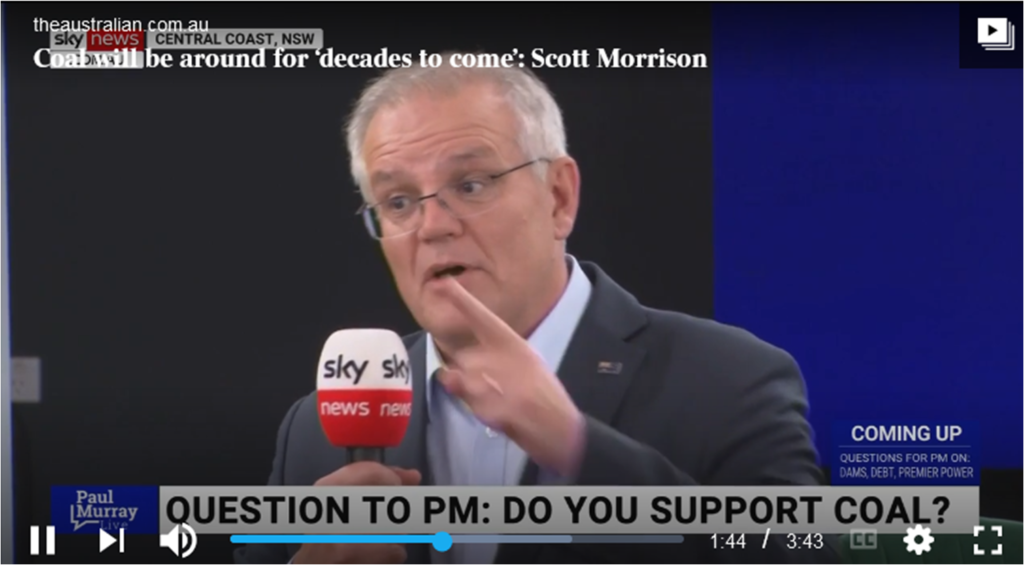
If that wasn’t enough, here’s a choice of some of Scotty’s thinking about stopping our slide down the slope to runaway global warming and possible near-term extinction
via the Guardian:
09/09/2021 via the Guardian
The future of power: What’s behind Australia’s push for gas-fired energy | ABC Four Corners
We need to turn away from the the road to hothouse hell, and we won’t do this by continuing with the kind of business as usual Scotty from Maketing and his fossil fuel puppets are spruiking!
It seems to taken the clear thinking of Greta Thunberg, a 16 year-old girl who concluded school was pointless as long as humans continued their blind ‘business as usual’ rush towards extinction.
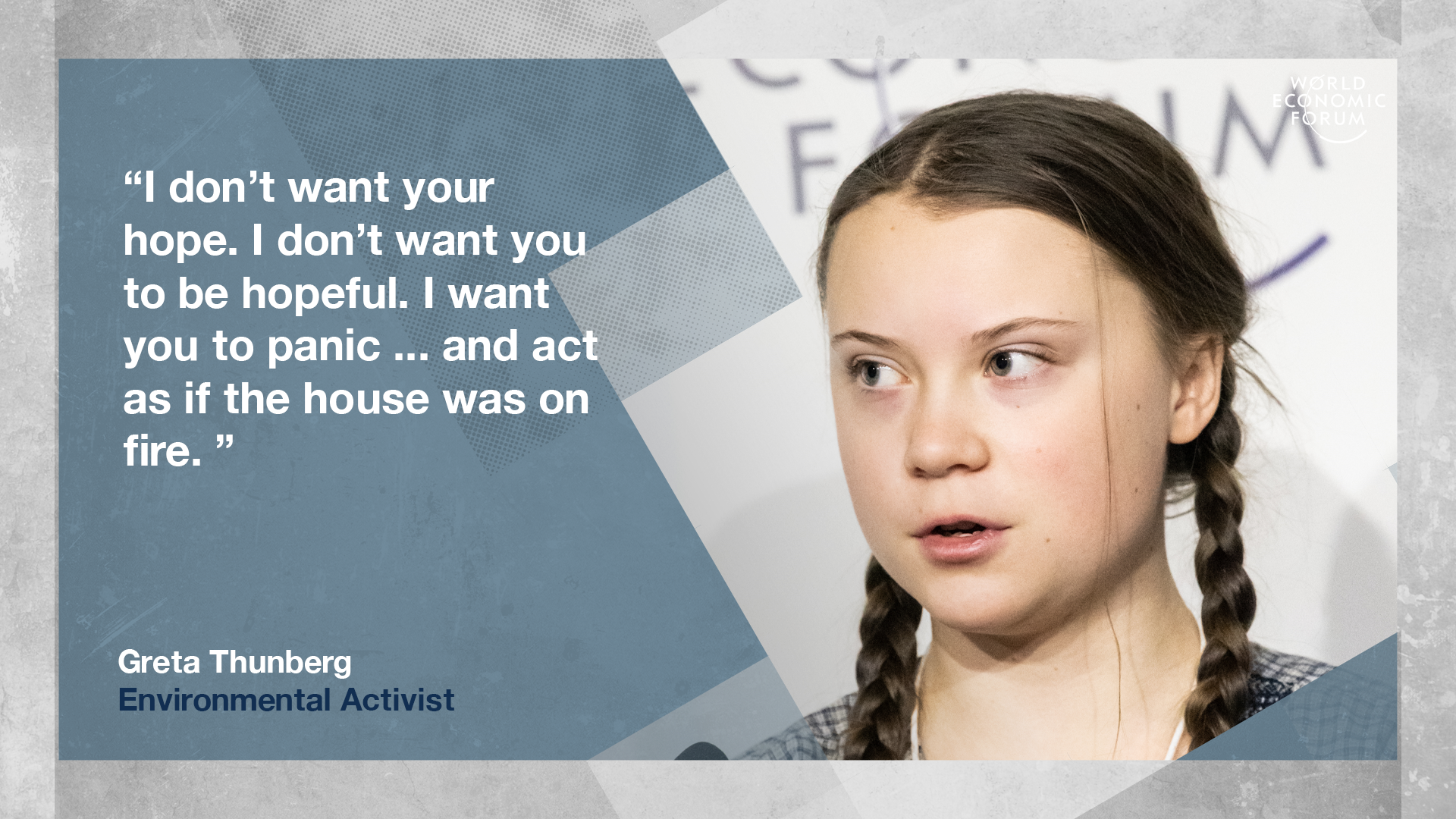
In other words, wake up! smell the smoke! see the grimly frightful reality, and fight the fire that is burning up our only planet so we can give our offspring a hopeful future. This is the only issue that matters. Even the IPCC’s hyperconservative Sixth Assessment WG2 Report that looks at climate change’s global and regional impacts on ecosystems, biodiversity, and human communities makes it clear we are headed for climate catastrophe if we don’t stop the warming process.
Scott Morrison and his troop of wooden-headed puppets are doing essentially nothing to organize effective action against the warming. In fact all they doing is rearranging the furniture in the burning house to be incinerated along with anything and everyone we may care about.
In Greta’s words, “even a small child can understand [this]”. People hope for their children’s futures. She doesn’t want your hopium. She wants you to rationally panic enough to wake up, pay attention to reality, and fight the fire…. so our offspring can have some hope for their future. Vote Climate One’s Traffic Light Voting System will help you use your preferential votes wisely on behalf of our young one’s future.

Featured Image: Community battery in WA. / from Your Guide to Batteries, Western Power
